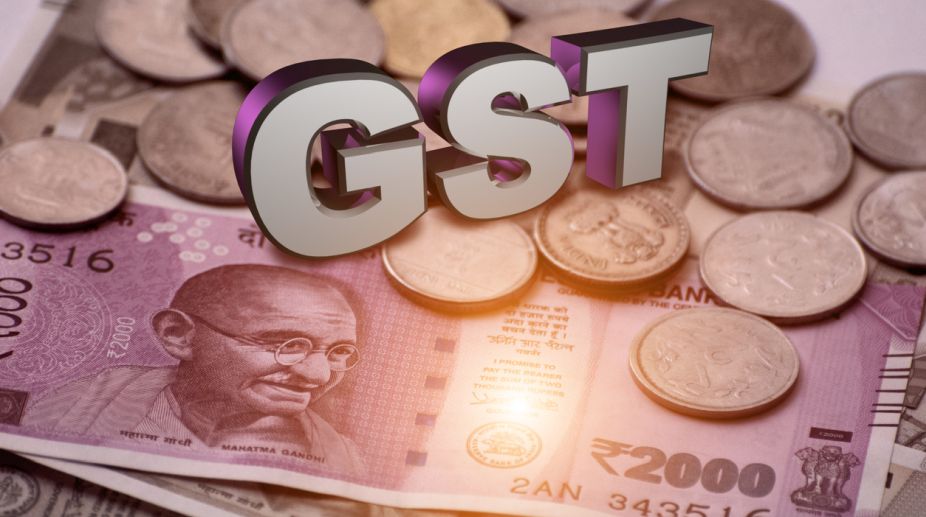Modi govt’s GST has put burden on poor: Gohil
Senior Congress leader Shaktisinh Gohil on Thursday said the Narendra Modi-led government’s complicated Goods and Services Tax (GST) has put an unbearable burden on the poor and common people.

(Photo: Getty Images)
New indirect tax regime GST is likely to be beneficial for auto, cement and organised retail sectors, but will have a negative impact on oil and gas, and SME sectors, Fitch Ratings said on Tuesday.
In contrast, the impact would be broadly neutral for property, electricity, telecom, pharmaceutical and fertiliser sectors, it said.
Advertisement
“The national service tax (GST), is unlikely to lead to rating changes for any of Fitch's internationally rated corporates despite being negative for certain sectors,” it said.
Advertisement
However, implementation risks will remain over the next 12 months due to the complexities of adopting the new system amid a culture of poor compliance, particularly among the traditional retail and SME sectors.
Implemented on 1 July, Goods and Services Tax (GST) replaces over 17 different taxes, including excise, service tax and VAT.
“A number of near-term challenges for the larger corporates are likely to persist until all trading counter parties are on the system and familiar with the different tax rates that will apply to their goods and services,” Fitch said.
Under the Indian GST regime, a corporate will only be able to apply GST input tax credits after its supplier of goods or services has first settled its GST payment with the government. This means that the burden of non-compliance by the supplier will rest with the purchaser and not the government, the US-based agency said.
“Accordingly, GST tax truancy by financially weak and non-compliant companies lower down the supply chain could limit the amount of input tax credits available for the larger and financially strong corporates,” Fitch said.
Advertisement